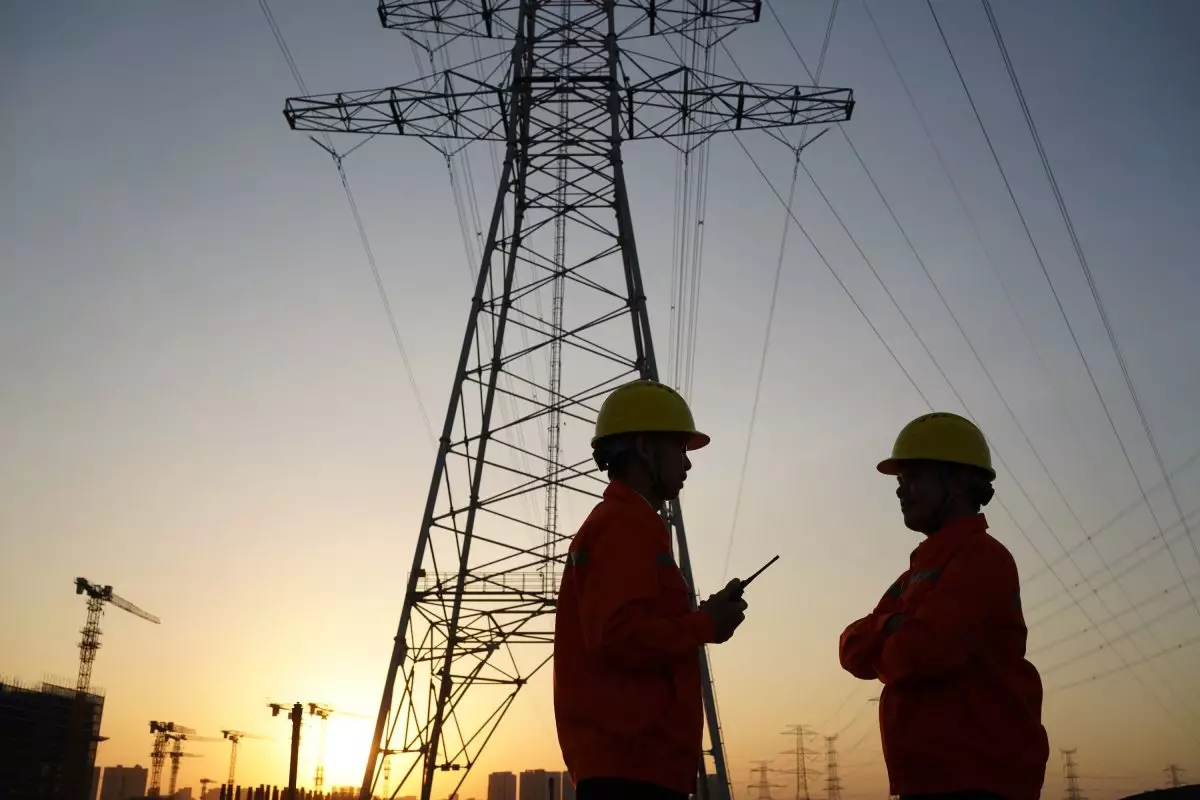In a groundbreaking move towards sustainable energy solutions, Google has recently announced its partnership with Kairos Power, a nuclear startup focused on developing small modular reactors (SMRs). The collaboration aims to construct seven small reactors designed to provide approximately 500 megawatts of carbon-free electricity to support Google’s expanding data center operations. As the demand for energy skyrockets due to the rapid growth of data centers and artificial intelligence, this initiative signifies a pivotal shift in how tech giants are approaching their energy needs.
The push for sustainable energy sources has never been more critical. With increasing reliance on digital technologies, data centers consume vast amounts of electricity, often resulting in considerable carbon footprints. Google’s initiative to invest in nuclear power aligns with its commitment to sustainability and reducing environmental impact. This move is set against a backdrop where other tech giants, such as Microsoft and Amazon, are also investing in nuclear energy solutions. Microsoft’s recent agreement to restart a reactor at Three Mile Island and Amazon’s plans to connect a hyperscale data center with a nuclear plant highlight a collective industry trend toward innovative energy sourcing.
Google’s agreement with Kairos Power foreshadows a crucial development in the renewable energy landscape. However, it remains uncertain whether the reactors will supply power directly to Google’s data centers or if the energy will be fed into the broader grid, allowing the tech giant to claim the renewable energy generated. This distinction will significantly impact how effectively Google transitions toward a greener energy portfolio.
The new generation of nuclear technology, specifically small modular reactors, represents a transformative approach to power generation. Traditional nuclear facilities are often large, expensive, and time-consuming to build, typically requiring years of planning and construction. In stark contrast, SMRs promise to lower costs and expedite the construction timeline through innovative mass production techniques. Kairos Power’s unique design utilizes molten salts instead of conventional water cooling systems, aiming to enhance efficiency. The U.S. Nuclear Regulatory Commission has already greenlit Kairos Power’s plans for a demonstration reactor, marking a substantial step for the startup.
Nevertheless, the pathway to commercial viability for SMRs is littered with challenges. While there is enthusiasm surrounding the technology, no commercial small modular reactors have been operational yet. Consequently, the economic feasibility of such projects remains largely theoretical. Furthermore, the molten salt technology, while promising, deviates from decades of conventional nuclear practices, posing potential technical hurdles.
Despite a general increase in public support for nuclear energy—56% of Americans, according to Pew Research—significant apprehension still lingers. Public opinion can shift dramatically based on local implications, such as the selection of reactor sites. The data indicates that although there is widespread support for nuclear energy expansion, this support may wane when communities consider hosting a reactor in their vicinity. Local opposition can often obstruct even the most well-meaning initiatives, and this potential resistance poses a serious risk to the timely implementation of projects like those initiated by Google and Kairos Power.
Moreover, while support for nuclear energy rises, other renewable sources such as wind and solar are more popular among the general populace due to their existing availability and lower immediate costs. This preference highlights the challenge for nuclear energy projects to not only compete on technological grounds but also to win over public sentiment.
The partnership between Google and Kairos Power signals a critical exploration of nuclear energy solutions that could help meet the burgeoning energy demands of the digital age. As the 2030 deadline approaches for the operational status of Kairos’s planned reactors, the startup is set against a competitive landscape that includes fusion and other emerging technologies aiming for commercial-scale readiness in the same timeframe.
If successful, this partnership could herald a new chapter in energy sourcing for major tech companies and redefine the industry standards for sustainability. However, the journey is fraught with obstacles, both technical and social, that will require comprehensive strategies to address regulatory concerns, public skepticism, and infrastructural challenges. As the energy landscape continues to evolve, the outcomes of this collaboration could have lasting implications for the future of clean energy in the United States and beyond.

